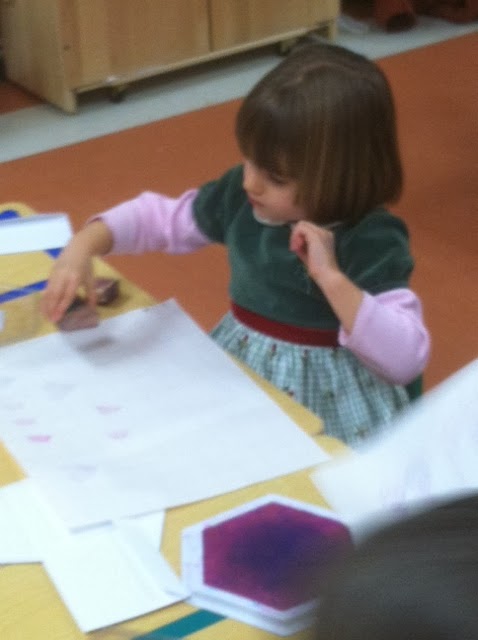Saturday, February 1, 2014
Vulture wings and other beginnings
Supposedly, Heinrich Heine once claimed that "where words leave off, music begins." Viewed from that perspective, it's apparent that words left off - if, indeed, they even existed in any modern sense - tens of thousands of years ago, for in 2008 German archaeologists working at a site called Hohle Fels discovered a Paleolithic flute that has been dated, with little controversy, to roughly 35,000 years ago. Last year, moreover, a sophisticated re-dating of two flutes found in another German site indicated that they might be up to 43,000 years old. In short, it's clear that music began long, long ago.
And, as it took shape, it did so in a remarkable number of forms. Indeed, over the years almost every imaginable material has been bent, cut, stretched or generally turned towards a musical end. The very early German flutes are made of swan bone, vulture bone, and mammoth ivory: materials that seem simultaneously pragmatic and exotic. But of course our later uses of brass, or cherry wood, or cat gut might well have struck a Paleolithic musician in the same way. And that's to say nothing of electronic keyboards, or of the Norwegian ice instruments featured in a recent NPR story. Indeed, given the base strength of the human impulse to create sound, perhaps we should simply accept that no material employed in the production of music is really exotic at all.
But they can certainly seem exotic - even when they're comparatively simple, or domestic. Cleo, for instance, was struck by the beguiling simplicity of Incredibox, which I mentioned in my previous post. Can we really create music simply by clicking and dragging? Or, by the same token, can people really create such a diversity of sounds simply by using their own voice boxes? Indeed they can. And, indeed, even Cleo is learning that her own body is a musical instrument of sorts. This past week, she learned how to snap, generating a tiny but nonetheless distinct and consistent sound with her thumb and middle finger. (She's better with her right, than with her left). And she also produced, rather of a sudden, a truly weird guttural sound in the back of her throat, whose origin I simply can't understand and whose like I've never heard - but which I now request about once a day, for sheer entertainment.
And when she obliges (and she always does, at least twice), I suppose that we're not unlike our Stone Age ancestors, gathered in the Hohle Fels cave and entranced by the noises of the flute. We are silent, and we listen. Words leave off. And music begins.
Subscribe to:
Post Comments (Atom)





No comments:
Post a Comment